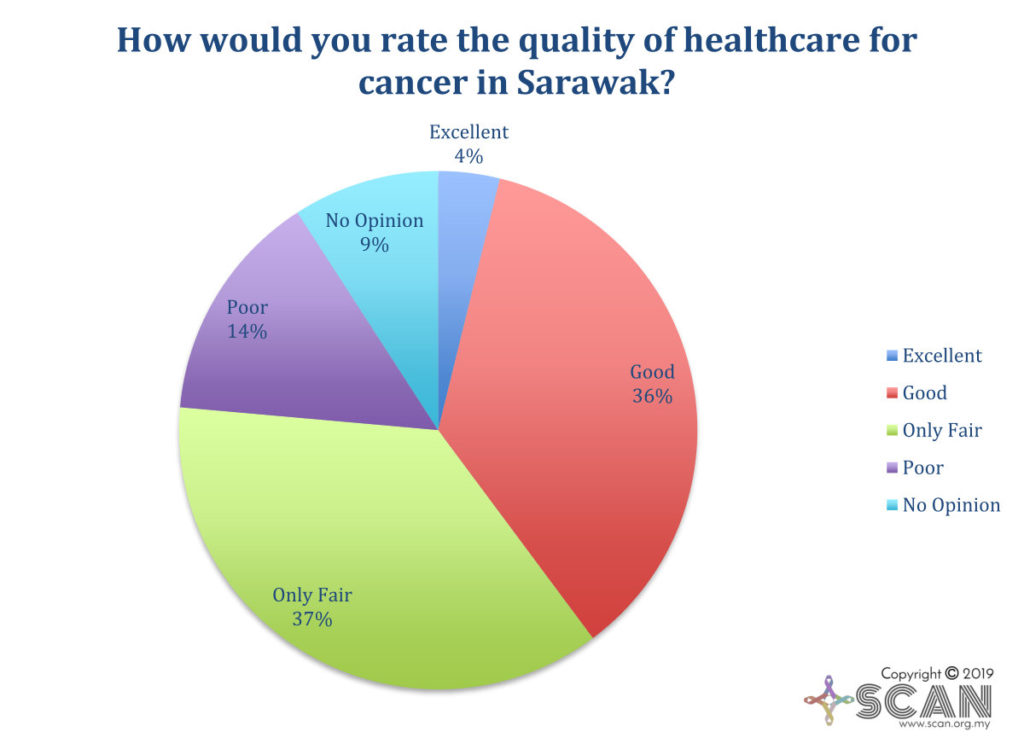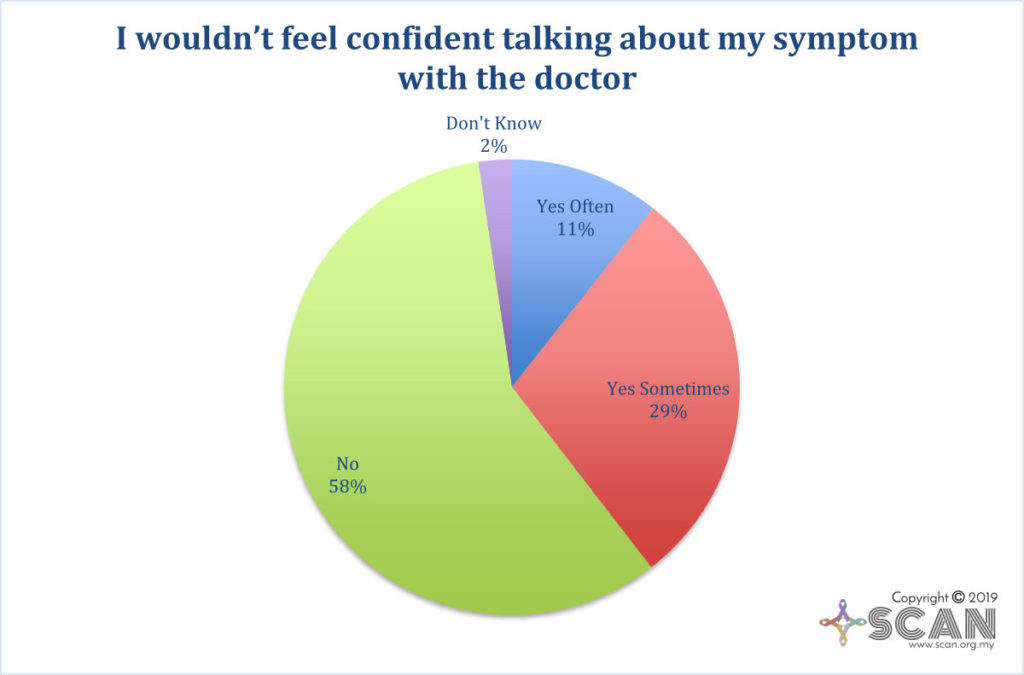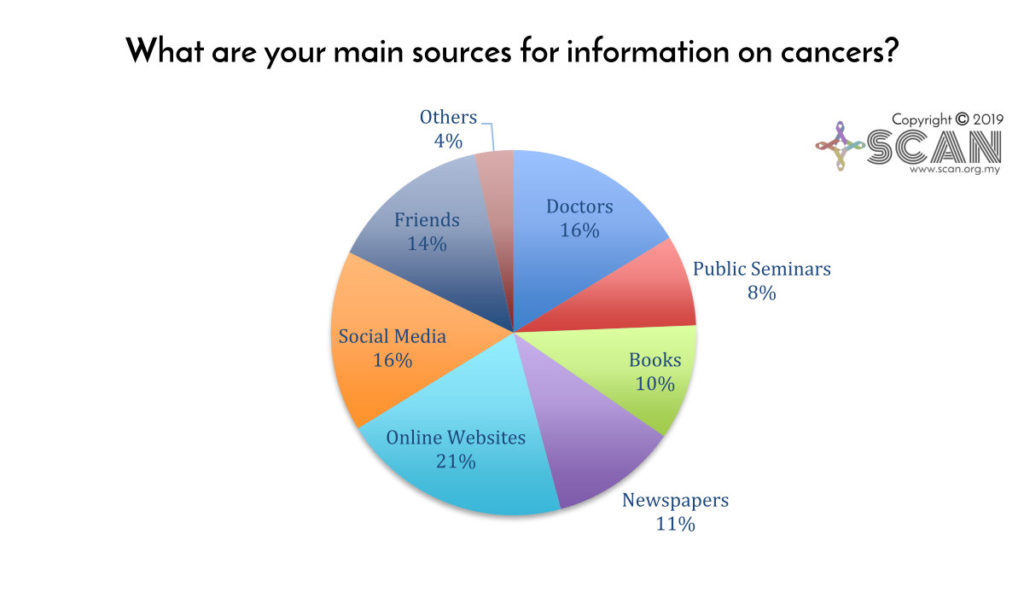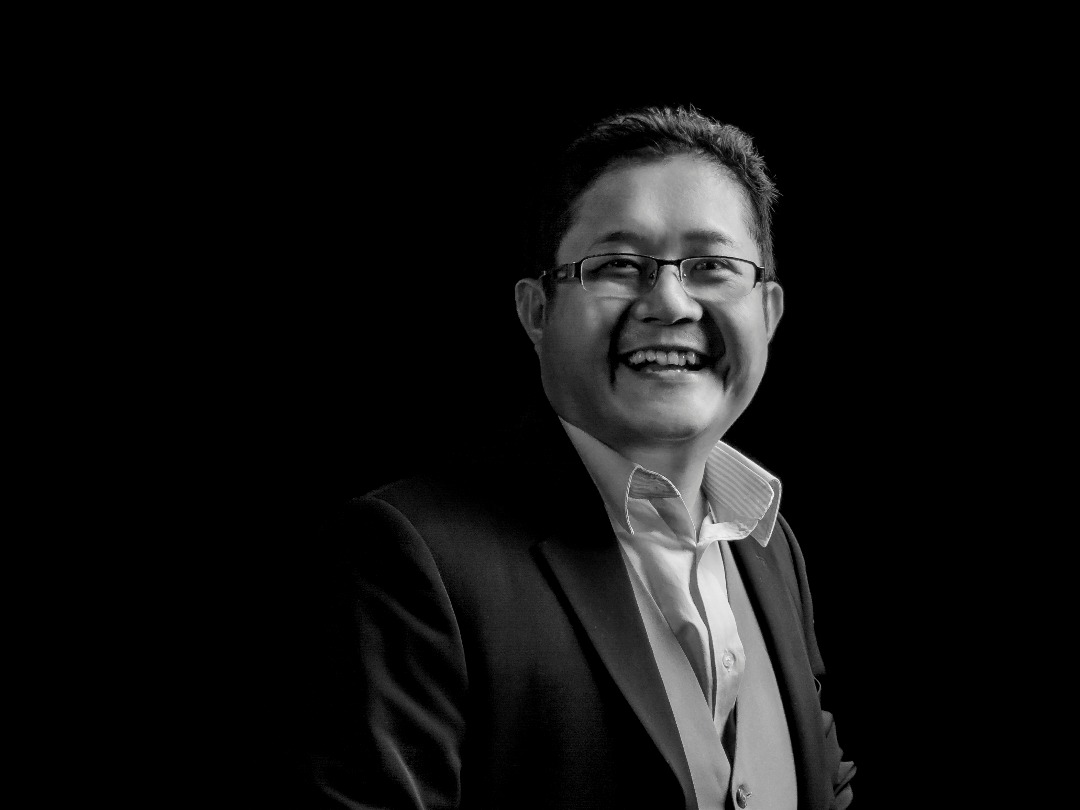KUALA LUMPUR, May 23 — About half of participants in a survey among Sarawakians rated the quality of health care for cancer in Sarawak as “only fair” or “poor”.
The Cancer Awareness Survey 2018 Report by the Society for Cancer Advocacy (SCAN) found that 37 per cent rated cancer care in Sarawak as “only fair” and 14 per cent “poor”, compared to 44 per cent and 9 per cent respectively for both categories at the national level.
“This indicates that the Sarawak government needs to put in more effort to improve cancer health care to be on par with the rest of the country,” said the report, referring to the Gabungan Parti Sarawak (GPS) administration.
About 40 per cent believed cancer care in Sarawak was “good” or “excellent”, comparable to 39 per cent choosing both categories for cancer care at the national level.
On the quality of overall health care in Malaysia, respondents were split, as half rated it “only fair” or “poor”, while 49 per cent gave ratings of “good” or “excellent”.

A whopping 77 per cent of respondents expressed worries about medical expenses when asked if this would put them off seeing a doctor even if they had cancer symptoms.
“This warrants further study as to whether the perceived cost and actual cost match,” said SCAN.
The report also found that more than half, or 58 per cent, said they would be too busy to see a doctor if they had cancer symptoms.
“This is alarming to note as many may lose the opportunity to detect their cancer early.”
A total of 58 per cent of respondents said they were not confident in talking about their cancer symptoms with their doctor.
“Thus, a need for a better and more cohesive doctor-patient relationship needs to be looked into. Perhaps an established Doctor-Patient Handbook/Guide could help,” suggested SCAN.

A total of 72 per cent said they would be too scared to see a doctor if they had cancer symptoms, while 76 per cent expressed worries about what their doctor might find.
“Areas of concerns to address would be the physio-social support for ‘would-be’ cancer patients,” said SCAN. “Thus, a need for more established counseling, cancer journey sharing from cancer survivors would help reduce and alleviate such fears.”
Most respondents at 88 per cent, however, said they will make a doctor’s appointment in less than a month if they think they may have cancer symptoms.
Although respondents were aware of the signs and symptoms of cancer, SCAN noted that their survey revealed a lack of awareness on cancer factors like diet, obesity, and lack of physical exercise.
“A need for more sharing of facts and figures related to this and talks from dietitians could help.”
Only 35 per cent agreed with the fact that eating less than five portions of fruit and vegetables a day increased the chance of developing cancer. Less than half, or 48 per cent, of respondents agreed that eating red or processed meat once a day or more contributed to cancer risk.
Only about half supported the fact that being overweight was a factor in cancer.
Almost a third, or 31 per cent, of respondents also did not believe that smoking was the single biggest cause of cancer in the world.
The top three issues to respondents were early cancer screening and diagnosis, cancer awareness, and increased funding for cancer care.

SCAN’s report revealed that 37 per cent of respondents got information on cancer from social media (16 per cent) and websites (21 per cent).
“This could be worrying as a lot of articles shared via these sources may not be scientifically proven, including some which are outright false,” said SCAN.
SCAN’s online survey was conducted among 339 respondents, mostly Sarawakians, from July to December 2018. SCAN is a group of cancer patients, caregivers, and professionals.








